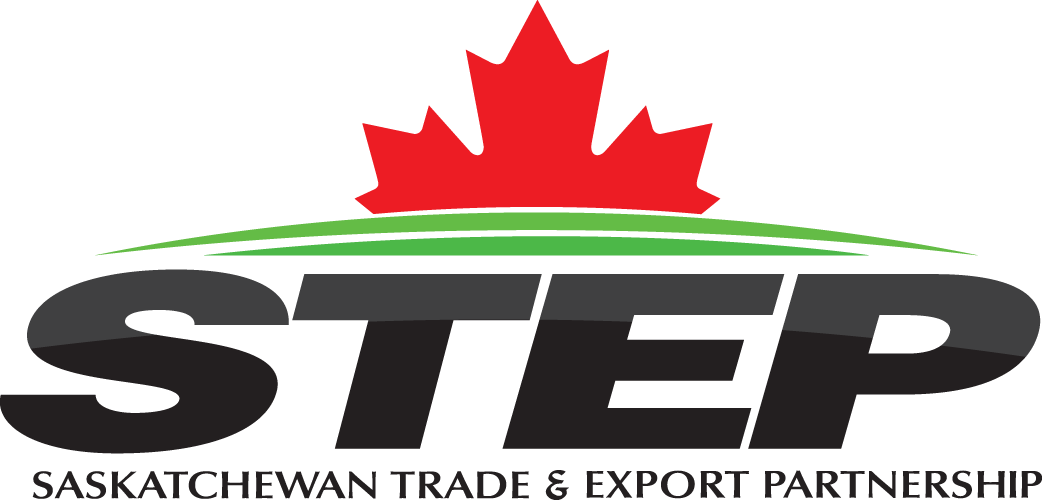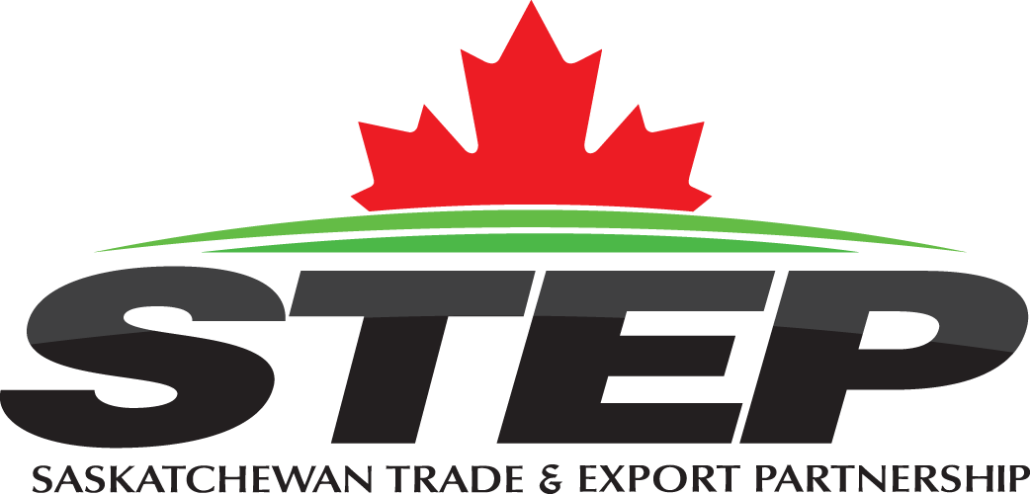News Article – Trump’s tariff threat has Canada on edge. How could it impact you in Saskatchewan?
Regina Leader~Post, Nykole King | January 17, 2025
U.S. president-elect Donald Trump has threatened to impose 25-per-cent tariffs on all Canadian goods imported into the country, creating an undercurrent of uncertainty for the domestic economy.
What is a tariff?
Simply put, a tariff is a government-imposed tax on imported goods. Since importers are required to pay this tax — the dollar amount is determined by a percentage of the product’s value — tariffs are viewed as a barrier toward trade.
This also create a snowball effect.
In some cases, it means that imported products become more expensive, passing the cost on to the consumer. This might lead to people buying less of the product, which can compel producers to curtail production and cut jobs. The exporter might consider lowering the price of goods, but this cuts into profit margins.
Trump has vowed to implement 25-per-cent tariffs on all goods across the board that are imported from Canada and Mexico. He has threatened to do so on his very first day back in the president’s office, which will be Monday.
While it remains to be seen if Trump will follow through on his threat, Canadian observers are bracing for an uncertain outcome.
David Ristovski is an economist with the Conference Board of Canada, an independent applied research organization. He says Saskatchewan has a relatively optimistic outlook, mainly driven by investment into key resource areas like potash and agri-food products. But if prices for those exports go up by 25 per cent, it will be hard on the economy.
Following a year of tumultuous negotiations, those taxes were lifted in 2019.
What is the impact?
Saskatchewan traded with 163 countries in 2023 for a total export value of $49.4 billion, according to data from Statistics Canada. The province’s top trading partner was the U.S. at $27 billion, good for 55 per cent of total export value.
“Any tariff threat, wherever it originates from, is certainly a concern to us,” Minister of Trade and Export Warren Kaeding said in a recent interview with the Leader-Post.
The provincial government has been speaking to its exporters about what the looming tariff could mean for their businesses.
The Saskatchewan Trade and Export Partnership (STEP) is a non-profit organization that has been working with exporters to make their U.S. trading partners aware of the ripple effects that tariffs could have on industries.
Chris Dekker, CEO of STEP, has talked to exporters in the province who tell him they are “extremely concerned.”
Despite those concerns, Dekker noted that trade could still continue even with a 25-per-cent tax, noting that some required goods might not be available to Americans through their domestic market — at least not in the same volume, time frame or quality as products that can be sourced from Canada.
Diplomatic relations
Diplomacy is an important tool as provincial governments work with American states to discuss tariffs and how they could hamper key industries.
Speaking at a recent news conference about border security, Premier Scott Moe cited the need to negotiate exemptions with our American neighbours.
“Carveouts would be everything,” Moe said. “That’s what we’re working towards.”
“All our provincial leaders and federal government are trying to work together to develop a strategy and a plan to work with the U.S. government and determine what this is going to look like, what can we do to get in front of it, and what we need to do to prevent this from happening,” said the Sask. minister of trade and export
According to Trump, a key area of concern in relations with Canada involves tightening border security to limit the movement of illegal drugs and undocumented migrants into the U.S.
The Saskatchewan government announced new border security measures this week, designed at least partially to appease the incoming U.S. administration.
“I would say we share those same concerns,” Kaeding said. “Anything we can do to improve our border security across the country is certainly going to make a big difference, I think, in how President Trump will be approaching us.”
Industry advocacy groups like STEP and CME have also voiced the need for diplomatic relations as they work with key American buyers on how this can impact their businesses.





